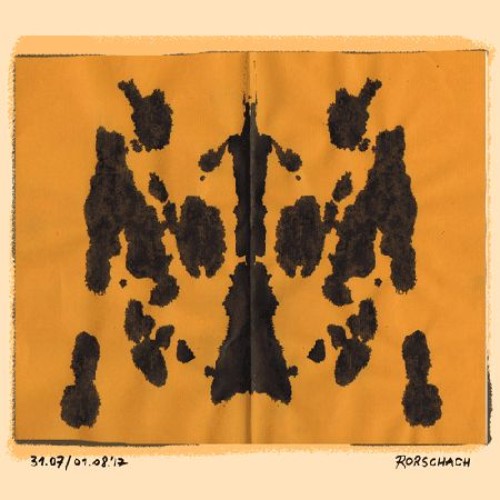
Rorschach
For Seppe Gebruers, Erik Vermeulen, Marek Patrman and Eric Thielemans, music is not a one-way street. As a listener, you are invited to play an active part in the process. Commercial music has a function, and it is one that often forces you in strict formats. Everything is made so explicit, clear and definite – from the recurring structures to the proper production and the scripted emotions – that you will rarely be surprised as a listener, nor given a choice. Whether you realize it or not, you are being steered into a direction that is already agreed on, one where the imagination is muffled.
The musicians of Rorschach focus on the experience itself, by creating the musical adventure into a ritual that is not only a challenge for the musicians (they start with nothing and aim for meaningful interaction), but also for the listener. They are not forced into a comfort zone, but are given a web of potential connections. It is not about the end product nor about the language that is used to capture it, but about the individual experience. It works in an instinctive and associative way, encourages and stimulates. Listening and interpreting turn their focus to an act of learning and playing.
The music of Rorschach often sounds abstract and unpredictable, as it is the consequence of four temperaments being combined, into a total sum like a mirrored ink pattern. That is their input. What it actually means to a listener, will be an individual thing. That is why the classic, arbitrary song titles were replaced by the suggestion to provide them yourself, via sheer association. The musicians do not shy away from their tasks, but leave it up to the listener to fulfill some of them. The listener experiences inspiration through instinct and freedom. An opportunity.





